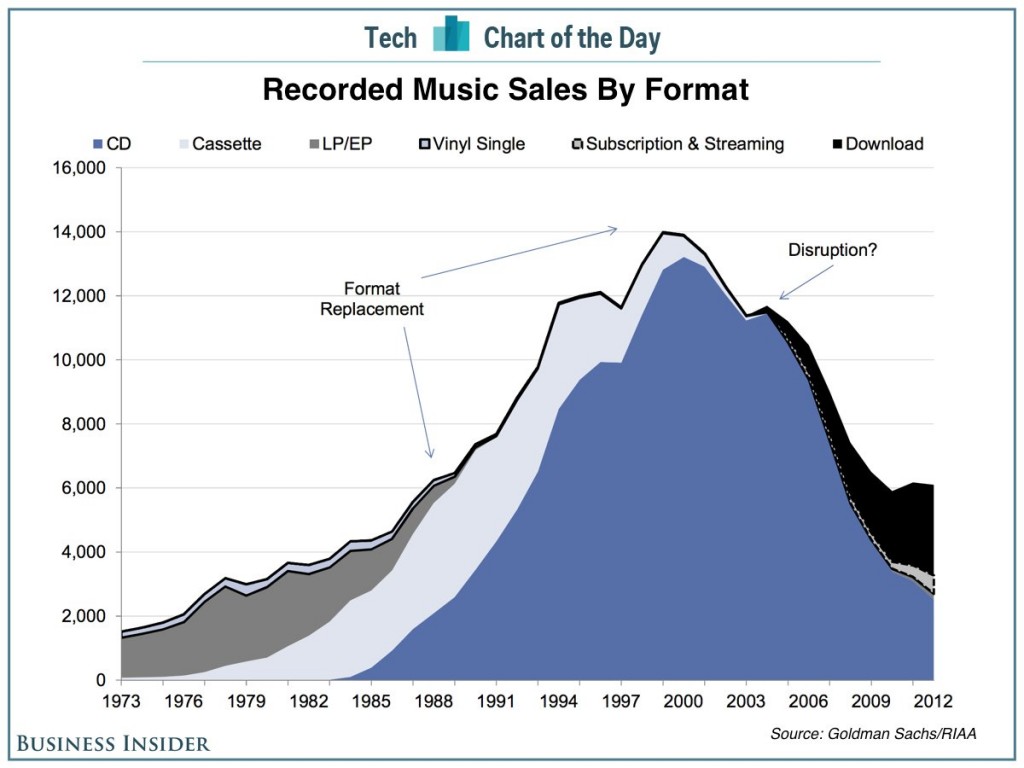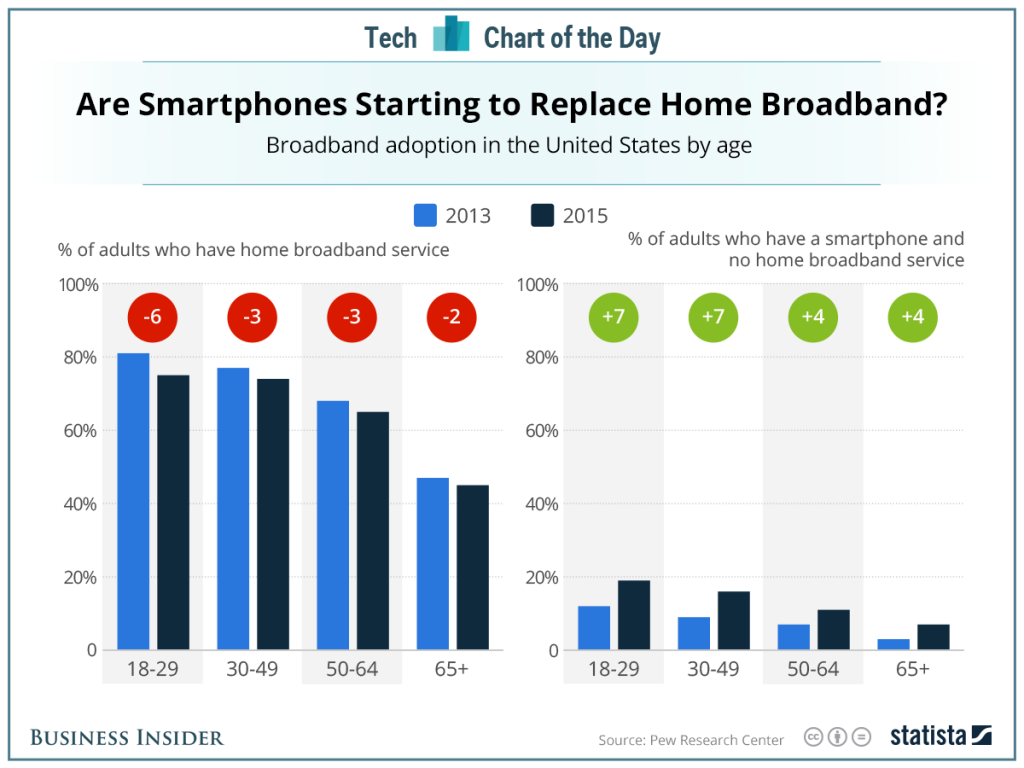Farhad Manjoo is one of the most thoughtful tech commentators around. But sometimes even he loses it. For example:
Silicon Valley luminaries are easily mocked as having a precious, narrow take on the world. People in the tech industry can’t see past themselves, critics often charge; they act as if the products they build sit at the center of everything.
But this year, the techies were right: Technology did rule many issues in 2015…
First, to understand the problem, consider the year’s headlines. From terrorism to protests over police abuse, from the scandal at Volkswagen to global tensions over energy and the climate, technology was central to just about every major news story that came across the wire.
Eh? “Just about every major news story that came across the wire”. What has this guy been smoking? Or has he just spent too much time in the Valley’s solipsistic world?
Here’s a few things he seems to have missed: the global refugee crisis; the civil war in Ukraine — and Russia’s role in it; the Eurozone crisis; the French regional elections; the Trump phenomenon; the British general election (and the subsequent election of Jeremy Corbyn); the thaw in US-Cuba relations; the continued rise of ISIS; the Paris massacre…
Apart from ISIS, tech is nowhere to be found in these stories.
I like Mr Manjoo’s stuff. But really he ought to get out more.




